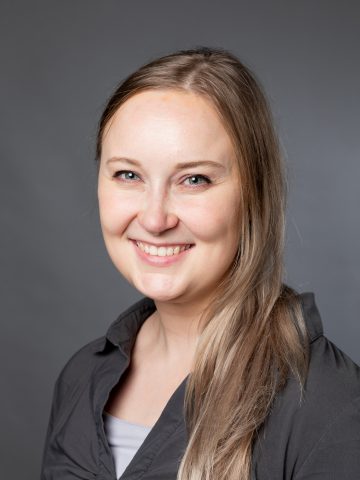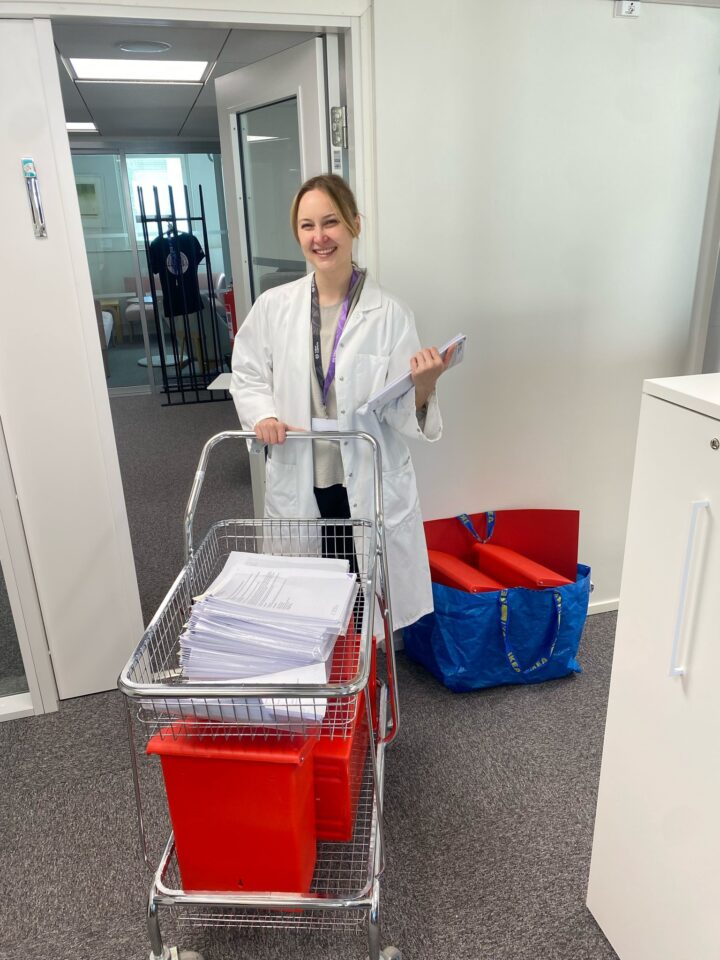Theoretical basis and instrumentation
The purpose of this research field of theoretical basis and instrumentation of empowering patient education is twofold.
First, the purpose is to study the philosophical basis of empowering patient education.
Second, the purpose is to develop and test instruments for empowering patient education.
Patients' right to know
Patients’ right to know – Analysis of patients’ experiences
Principal investigator: Helena Leino-Kilpi, Professor emerita, Nurse director, PhD, MEd, RN, FAAN, FEANS, MAE,
Department of Nursing Science, University of Turku
Turku University Hospital
helena.leino-kilpi(a)utu.fi
Research team:
Saija Inkeroinen, Doctoral researcher, MHSc, BHSc, PHN, RN, Department of Nursing Science, University of Turku
Jouko Katajisto, Statistician, MSocSc, Department of Mathematics and Statistics, University of Turku
Minna Stolt, University Lecturer, Docent, PhD, Podiatrist, FEANS, FFPM RCPS(Glasg), Department of Nursing Science, University of Turku
Heli Virtanen, University Teacher, Docent, PhD, RN, Department of Nursing Science, University of Turku
Partners in Turku University Hospital:
Karolina Olin, Patient Safety Manager
Päivi Parjanen, Patient Ombudsman
Hanna Vuorio, Director of Nursing
The aim is to develop the philosophical and conceptual basis of empowering patient education, based on the existent literature and real-life situations. In this development, a fundamental assumption is that patients have a right to know about their health and care. In this right, knowledge is a key component of patient empowerment.
First part: Patients’ right to know will be analyzed by conducting a scoping review. The aim is to scope research-based evidence about patients’ right to know and assess its quality to identify knowledge gaps and to indicate the direction for future studies about patients’ rights.
Second part: Patients’ right to know will be analyzed with a register-based study, including patients’ and their family members’ feedback, patient ombudsman complaints, and patient-reported patient safety incident reports in one hospital district in Finland. The aim is to analyze factors associated with the patients’ right to know, and model factors supporting the right.
Publications:
Inkeroinen, S., Virtanen, H., Katajisto, J., Stolt, M., & Leino-Kilpi, H. (2025). Received Knowledge of Care as Evaluated by Patients and Their Significant Others: A Feedback-Register Study. Scandinavian Journal of Caring Sciences, 39(3), e70065. https://doi.org/10.1111/scs.70065
Richards, M., Inkeroinen, S., Katajisto, J., Muje, S., Virtanen, H., & Leino-Kilpi, H. (2023). Empowering Healthcare Through User Feedback: A Multidimensional Analysis of the Knowledge. Patient Preference and Adherence, 17, 3155–3165. https://doi.org/10.2147/PPA.S425866
Inkeroinen, S., Virtanen, H., Stolt, M., & Leino-Kilpi, H. (2023). Patients’ right to know: A scoping review. Journal of Clinical Nursing, 32(15-16), 4311–4324. https://doi.org/10.1111/jocn.16603
Patients’ right to know: A model of the realization
Doctoral researcher: Saija Inkeroinen,  MHSc, BHSc, PHN, RN,
MHSc, BHSc, PHN, RN,
Department of Nursing Science, University of Turku
saanin(a)utu.fi
Supervisors:
Helena Leino-Kilpi, Professor emerita, PhD, MEd, RN, FAAN, FEANS, MAE, Nurse Director, Department of Nursing Science, University of Turku and Turku University Hospital
Minna Stolt, Professor (acting), PhD, Podiatrist, FEANS, FFPM RCPS(Glasg), Department of Nursing Science, University of Turku
Heli Virtanen, University Lecturer, Docent, PhD, RN, Department of Nursing Science, University of Turku
The aim of this study is to analyze patients’ right to know about their health status and care. The empowering knowledge is applied to analyze the realization of the right and factors associated with it.
The sample will be patients with cancer, the data will be collected with several validated instruments and analyzed with statistical methods. The anticipated results include a descriptive model of the realization of patients’ right to empowering knowledge to contribute to the ethicality and quality of patient education.

Power of patients
Power of adults with type 1 diabetes
Doctoral researcher: Silja-Elisa Eskolin, RN, PHN, MHSc, MTh,
Department of Nursing Science, University of Turku
seesko(a)utu.fi
Supervisors:
Heli Virtanen, RN, PhD, Docent, University lecturer, Department of Nursing Sciences, University of Turku.
Mervi Siekkinen, RT, PhD, Turku University Hospital, Western Finland Cancer Centre (FICAN West)
The object of this three-phase study is to construct (Phase I), develop (Phase II) and evaluate (Phase III) theoretical construct of power of adults with type 1 diabetes in the context of their health and care to allow better recognition and acknowledgement of individual power in this target group which can then be used to further develop ways to support it.
Phase I: a) Systematic qualitative review and metasynthesis of the power of adults with noncommunicable diseases in professional-patient relationships and b) an empirical observational study of care meetings between adults with type 1 diabetes and their care providers.
Phase II: Development of an instrument including an expert panel and a pilot study.
Phase III: Online survey using the instrument developed in phase II.
Social prescribing in empowering patient education
Doctoral researcher: Jenna Poraharju, MHSc, RN,
Department of Nursing Science, University of Turku
jenna.s.poraharju(a)utu.fi
Supervisors:
Heli Virtanen, RN, PhD, Docent, University lecturer, Department of Nursing Sciences, University of Turku.
Päivi Hämäläinen, PhD, Docent (Psychology), Head of Department, Masku Neurological Rehabilitation Centre.
The overall aim of the study is to develop theoretical construction of social prescribing (SP) in connection of empowering patient education among the people with multiple sclerosis.
The study will be implemented in 2 phases. In first phase (1A), an integrative literature was made, for analysing social determinants of health in empowering patient education intervention studies. In phase 1B, the educational intervention of SP will be developed and tested. In the second phase, effectiveness of the intervention is evaluated with quasi experimental design (2A) and narrative inquiry (2B).
Instrumentation for empowering patient education
The Expected Knowledge (EKhp) and Received Knowledge of Hospital Patients (RKhp)
Principal investigator: Helena Leino-Kilpi, Professor, Nurse Director, PhD, MEd, RN, FAAN, FEANS, MAE,
Department of Nursing Science, University of Turku
Turku University Hospital
helena.leino-kilpi(a)utu.fi
Psychometrics of EKhp and RKhp instruments (©Leino-Kilpi, Salanterä, Hölttä 2003) were evaluated with an international sample of orthopaedic patients. Based on it, an open-access article was published.
Validity and reliability will be evaluated in every new data collection.
If you are interested in the instruments, you can apply for permission to use them here.
Publications:
Frías, C. E., Casafont, C., Cabrera, E., & Zabalegui, A. (2022). Validation of the Spanish Version of the Double Knowledge Expectations and Received Knowledge Significant Other Scale for Informal Caregivers of People with Dementia (KESO-DEM/RKSO-DEM). International Journal of Environmental Research and Public Health, 19(9), 5314. https://doi.org/10.3390/ijerph19095314
Leino-Kilpi, H., Inkeroinen, S., Cabrera, E., Charalambous, A., Fatkulina, N., Katajisto, J., Sigurðardóttir, Á. K., Sourtzi, P., Suhonen, R., Zabalegui, A., & Valkeapää, K. (2020). Instruments for Patient Education: Psychometric Evaluation of the Expected Knowledge (EKhp) and the Received Knowledge of Hospital Patients (RKhp). Journal of Multidisciplinary Healthcare, 13, 1481-1505. https://doi.org/10.2147/JMDH.S271043